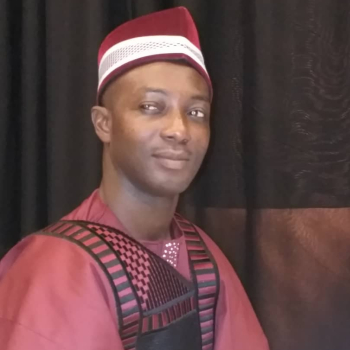Rejection of indigenous music? Reflections of teaching and learning of Music and Dance in Tamale International School

| +233502260039 | |
| eoacquah@uew.edu.gh |
Rejection of indigenous music? Reflections of teaching and learning of Music and Dance in Tamale International School
Culturally responsive teaching and learning in schools creates an engaging and accessible learning environment that ensures continuity in the traditions of the people. One of the aspects of culture which engages students effectively in the learning process is music and dance. However, the instructional delivery of Music and Dance in Tamale International School scarcely includes the indigenous music content to a broader perspective. The paper was an investigation to find out how music and dance was taught in Tamale International School. It also highlights the attitudes of students towards the teaching and learning of Music and Dance. Using the cultural theory of Education as the theoretical framework, and a case study research design, participants were drawn from the pupils, the music teacher as well as the headteacher of the school. Interview and observation were the main instruments for the data collection. It was revealed that teaching of music and dance in the Tamale International School was a problem due to the fact that the school is one of the Western colonized schools with much historical orientation on Western music thereby relegating African music to the background. Attitudes of pupils towards the study of African music component of the music and dance syllabus being negative due to their religious background and the orientation received from their parents. Situated within the cultural education theory, the paper concludes that when students are given the opportunity to learn traditional music very often at school, it will help them to know theirs as Africans and embrace it in spite of their orientations from their religious background
